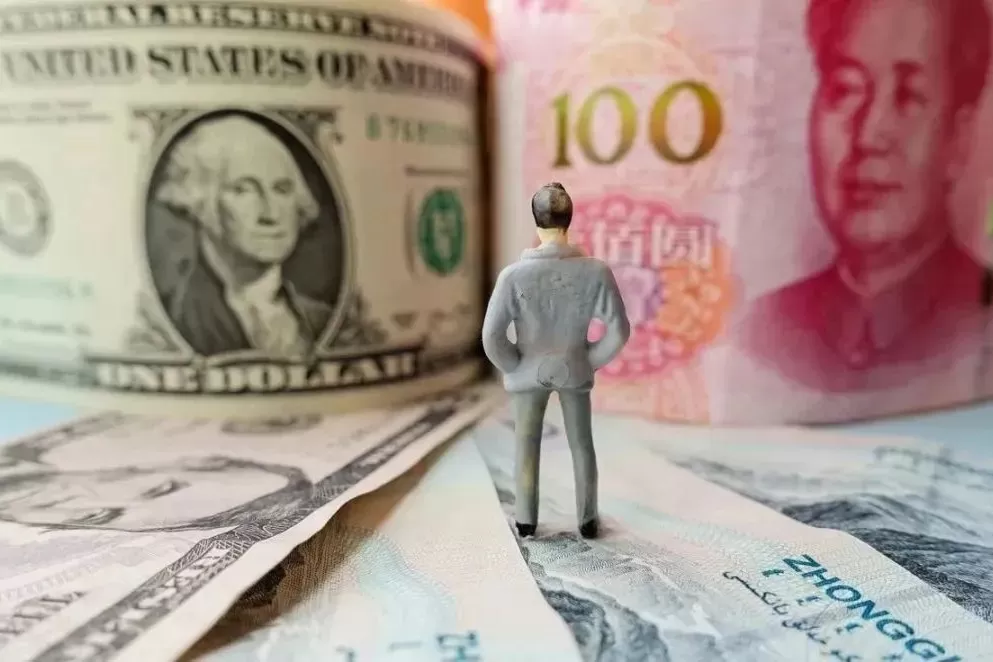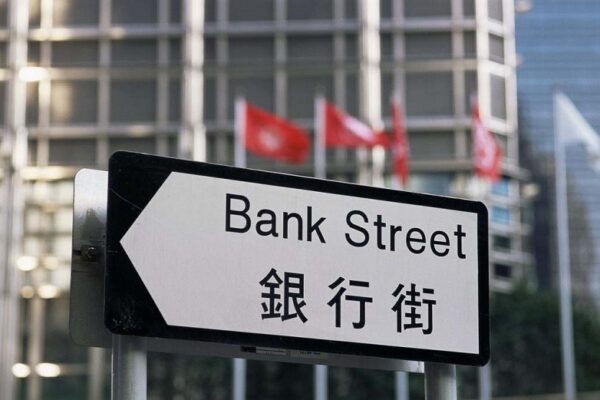
Hong Kong announced the details of the Capital Investment Entrant Scheme (CIES), including Hong Kong insurance products!
2023-12-22
Mainland wealth 4x influx into Hong Kong! Hong Kong is expected to become the world's largest wealth management center
2023-12-29The concepts of offshore RMB and onshore RMB are often heard, what do these two terms mean? How to differentiate between them?01
offshore Chinese yuan (CNY)
Offshore - operating RMB business outside of China. The rate at which the central bank opens Hong Kong, as well as other countries, to RMB trading is called offshore RMB, and the implementation of offshore RMB trading in Hong Kong, China (CNH) in 2010 is already a generalized reference to overseas offshore RMB trading.
The main offshore RMB market is currently in Hong Kong, while Singapore, London and Taiwan are also actively developing offshore RMB markets.
Generally speaking, foreign countries hope that the RMB appreciates significantly, which is conducive to the opening of the Chinese market, but the country wants to increase exports, so the offshore exchange rate is higher than the onshore exchange rate.

02
onshore Chinese Yuan (CNY)
Onshore - RMB business operated domestically. The central bank authorizes the China Foreign Exchange Center to announce externally on the morning of each working day the mid-price of the day's exchange rate of the RMB to the U.S. dollar, the euro, the Japanese yen, and the Hong Kong dollar as the reference price of the day's exchange rate for the inter-bank spot foreign exchange market as well as for transactions over the counter at banks, which is called the onshore RMB.
In fact, the simple fact is that the onshore price is the exchange rate for exchanging foreign currency at home, and the offshore price is the exchange rate for exchanging foreign currency abroad.
The difference between onshore and offshore RMB: the onshore RMB market has been developed for a longer period of time, is larger in size, and is subject to more regulations, and the onshore exchange rate is more affected by the central bank's policies.
The opposite is true for offshore, where exchange rate movements of the RMB are mainly influenced more by international factors, and the offshore RMB market usually more fully reflects market demand and supply for the RMB.

Although they appear to be two markets, they do influence each other.
When the offshore is weaker than the onshore, for example, it costs 6.8 RMB to exchange 1 US dollar domestically and 7.5 RMB to exchange 1 US dollar in Hong Kong, then exporters will tend to trade in the offshore market because the dollars they earn back can be exchanged for more RMB. This process, exporters in the offshore market to sell dollars, buy yuan will make offshore yuan appreciation.03
wrap-up
Onshore RMB price due to the relationship of greater influence by the central bank, are not able to objectively reflect the actual supply and demand situation in the market, therefore, we usually look at the most is the offshore RMB exchange rate. The difference in liquidity between offshore and onshore will affect the difference in RMB exchange rates. For example, when we are in a hurry to change RMB and throw foreign currency, the liquidity of offshore RMB will deteriorate, and the pressure of offshore RMB appreciation will increase, and then the spread will be widened; when we all sell RMB for US dollars, there will be insufficient US dollars in the offshore RMB market, and the liquidity will deteriorate, and then the pressure of offshore RMB depreciation will rise, and the spread will be narrowed.


